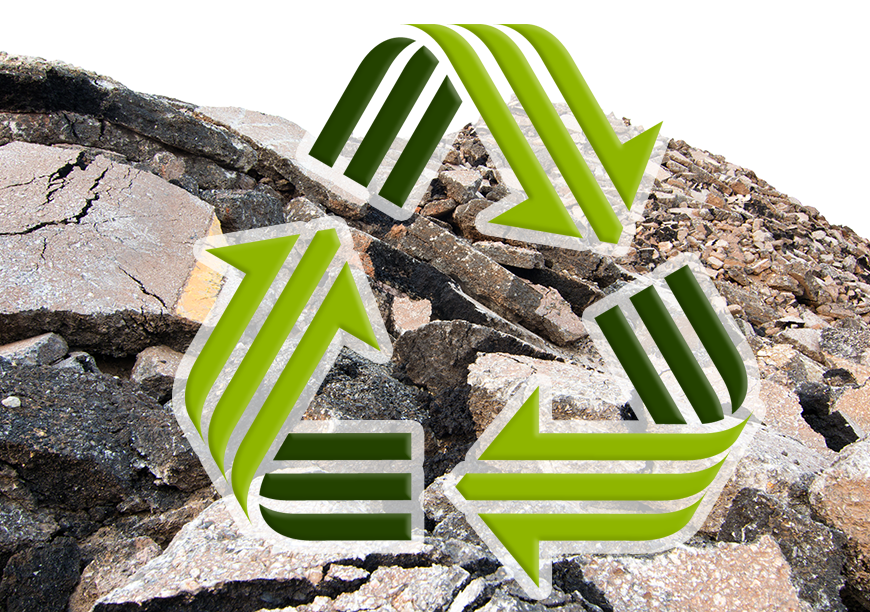When most people think of asphalt and concrete roads, they picture them as a way to get around this world. Here in California people may be more opinionated towards paved roads because a lot of the freeways and roads here are in bad shape. Just in general, people are more opinionated here in California over anything! Concrete and asphalt roads are much more complex than just a means of transporting cars around the San Francisco Bay Area or other parts of the United States. Asphalt and concrete roads both involve different physical characteristics that will have an impact on the heat island effect and even affect the fuel efficiency of cars.
Global warming is a controversial topic that everyone seems to be paying attention to nowadays. Some people believe in it and other people do not. The reality is that our actions as humans do impact the environment both in a positive or negative way. Asphalt and concrete roads are necessary to transport people in this world but the overall impact should be analyzed properly.
Asphalt has had a bad reputation for heating up the planet due to a phenomenon called the “heat island effect” that is the heat reflected back into the atmosphere and the “greenhouse effect” trapping that heat. The greenhouse effect is a natural phenomenon that makes this planet warm and cozy for us to survive in, but due to “global warming,” the planet is supposed to be getting hotter over the years. Global warming involves an increase in the averages of the planet’s temperatures due to humans having a bigger “carbon footprint”. Essentially, the “heat island effect” means that the world will be hotter due to the different structures such as roads and buildings that are trapping and reflecting more heat. This is a simplified summary of what is going on with the environment at this time.
There are scientific findings that prove that asphalt roads do not heat up the environment more than concrete roads ¹. This means that the current belief that asphalt roads are “bad” should be reconsidered. People would assume that asphalt roads have a higher impact to the heat island effect because of their darker colors. However, according to research, lighter colored concrete does not have a significantly different heat island effect at 5 feet ¹. Obviously, a hot surface that has been exposed to the sun will feel hot to the touch but how it dissipates heat involves different dynamics, which is an important factor to consider of the heat island effect. Thus, if asphalt does not heat up the environment more than concrete and if it does not increase the atmospheric temperature more than concrete, then asphalt has been misunderstood by the general public.
Essentially, having smoother roads that are in better conditions, will improve gas mileage for cars. The numbers indicate that fuel consumption can be decreased by 10% by having smoother asphalt and concrete roads ². If roads are smoother, they will save people money on gas because of the decrease in friction, thus, people may have a smaller carbon footprint. This seems like a realistic starting point of how to improve the environment. Ideally, in the future, there will be perfectly smooth roads and cars with high gas mileage!
The science behind what causes global warming can be overwhelming because there are so many factors to consider. Additionally, people are opinionated and often get emotional about it. Asphalt should be analyzed properly and fairly. Should future roads be made from concrete instead of asphalt to have a “cooler” world? Factors such as the cost should be considered and other factors to reduce the heat island effect should be analyzed. It seems that there are different ways of reducing the heat island effect than just switching from asphalt to concrete roads. What do you think? Are there more effective ways to mitigate the heat island effect? Or is it inevitable?

References:
- Research Findings: Concrete Pavements Make Urban Heat Islands Worse, Not Better! Asphalt Pavement Alliance (APA). April 29th, 2013
- Pavement smoothness and fuel economy. Asphalt Pavement Alliance (APA). April 29th, 2013.




